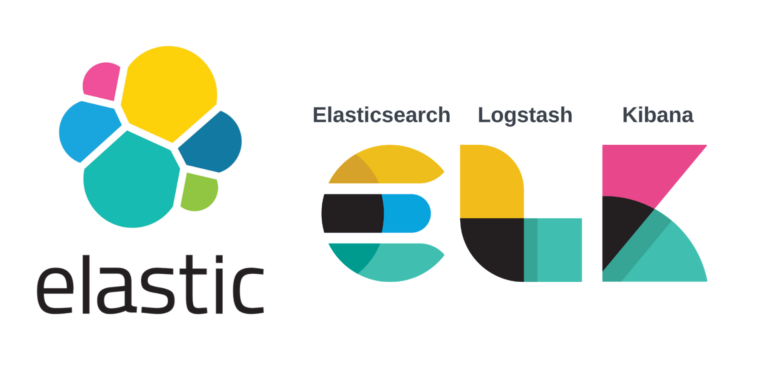Other
Eggplant Automation is a popular testing tool that uses image recognition and AI to automate testing processes. Eggplant Automation also allows users to create tests using image recognition, which means that the tool can identify and interact with elements on the screen based on their visual appearance. This makes it easy to create tests for applications with complex user interfaces or custom controls. Eggplant Automation provides a range of reporting options to help users analyze the results of their tests and identify any issues that need to be addressed. The tool also includes features for managing test cases, scheduling tests, and integrating with other tools such as JIRA and Jenkins. Overall, the course of Eggplant Automation is designed to help testers automate their testing processes and improve the quality of their applications. The tool’s ease of use and powerful features make it a popular choice for organizations of all sizes looking to streamline their testing processes and improve their software development cycle.
ELK Stack (also known as EKS - Elasticsearch, Kibana, and Logstash) is a popular open-source toolset used for managing and analyzing large volumes of data in real-time. This toolset is designed to enable users to search, analyze, and visualize data from multiple sources, including logs, metrics, and other structured and unstructured data. The ELK Stack course provides students with an in-depth understanding of the ELK Stack toolset and its capabilities. It covers a range of topics, including Elasticsearch, Kibana, and Logstash, and is suitable for professionals from a wide range of backgrounds. Graduates of this course are well-equipped to manage and analyze large volumes of data using the ELK Stack and to apply their knowledge to real-world scenarios.
The course of Embedded Linux and RTOS (Real-Time Operating System) is a comprehensive training program designed for software engineers, developers, and system integrators who want to gain a deeper understanding of embedded systems and real-time operating systems. Embedded systems are computing systems that are designed to perform specific functions and are embedded within larger systems or products, such as automobiles, medical devices, and consumer electronics. RTOS, on the other hand, is an operating system that is designed for real-time applications, where the system needs to respond to events and inputs within specific time constraints. The course is designed for software engineers, developers, and system integrators who have a basic understanding of embedded systems and programming. It is ideal for those who want to enhance their skills and knowledge in embedded systems and real-time operating systems and want to learn how to design and develop reliable, efficient, and scalable embedded systems. The Embedded Linux and RTOS course is a valuable training program for software engineers, developers, and system integrators who want to gain a deeper understanding of embedded systems and real-time operating systems. The course covers a range of topics related to system architecture, kernel configuration, device drivers, memory management, debugging and profiling, and real-time scheduling, and provides participants with the skills and knowledge needed to design and develop reliable, efficient, and scalable embedded systems for real-time applications.
Game development is a course designed for individuals who want to learn the skills necessary to create and develop video games. This course covers the fundamentals of game design, programming, and graphics, as well as the latest industry trends and best practices. Students have the opportunity to work on real-world game development projects, providing them with practical experience and portfolio pieces that can be used to showcase their skills to potential employers. They also have access to a network of game development professionals and fellow students, providing them with ongoing support and resources as they continue to learn and develop their skills. Upon completion of the course, students are prepared to pursue careers in game development, including roles such as game designer, game programmer, artist, and more. They are equipped with the skills and knowledge needed to create and develop games that are engaging, immersive, and successful in the marketplace. The game development course is an essential program for anyone interested in pursuing a career in the video game industry. With a comprehensive curriculum covering the fundamentals of game design, programming, and graphics, as well as the latest industry trends and best practices, students are equipped with the skills and knowledge needed to succeed in a variety of roles in the field of game development.
Google Analytics and Adobe Analytics are two popular web analytics tools used to track and analyze website traffic and user behavior. Both tools offer a variety of features and functionality, and there are courses available to help users learn how to use these tools effectively. Both courses are designed for digital marketers, website owners, and other professionals who need to track and analyze website traffic and user behavior. Participants will learn how to use these tools to make data-driven decisions and improve website performance. Upon completion of the Google Analytics or Adobe Analytics course, participants will have a comprehensive understanding of how to use these tools to analyze website traffic and user behavior, as well as the ability to generate reports and make data-driven decisions based on the insights gained from these reports. They will also be equipped with the skills and knowledge needed to pursue further certifications in these areas.
No posts found



















